Despite her approximately 40 visits to Saudi Arabia, Spanish journalist Ángeles Espinosa went on her first touristic trip to the Kingdom in October 2019. Ángeles has been a foreign correspondent for Spanish daily El País since 1987—now based in Dubai and previously in Tehran, Cairo, and Beirut. She is specialized in the Arab and Islamic world.
Ángeles’ writings are as exciting as the political confrontations of the Middle East and Central Asia; she has covered the U.S. intervention in Afghanistan, the wars against Saddam Hussein, the Iraq–Iran war, and the conflicts in Lebanon. In these high-intensity political times, Ángeles interviewed many regional leaders, including the late Saudi King Abdullah, Sultan Qaboos of Oman, and King Abdullah of Jordan.
Yet, this time her visit to Saudi Arabia was a combination of work and personal joy.
With a small group of international journalists, she toured touristic attractions in Saudi Arabia—many of which are newly opened to tourism and largely unknown to international audiences. Among them was the UNESCO World Heritage Site of Mada’in Saleh, which Ángeles had dreamed of visiting since learning about it after her trip to Petra in Jordan before 1987.
Q: This visit is part of some fundamental reforms happening in Saudi Arabia—opening tourism, a long no-go. You have known and reported on the country for over 20 years. How do you see the tourism part of these reforms?
A: My immediate thought was, how will Saudis take the changes that will come through the opening of their country to foreigners?
Q: How do you answer this question?
A: It is difficult to give straightforward answers. Most Saudis I interact with are educated people who have always aspired for these changes and are now ready and happy to see them happening. Many have studied abroad and see changes, like going to the cinema, as a natural part of life.
"My concern is more for people in rural areas who may view these changes as a threat to their culture. However, I’ve had deep philosophical discussions with Saudis from simple backgrounds, which highlight the complexity of their views.
"For example, during this trip, I had an Uber driver from Al-Qassim, one of the most conservative areas in Saudi Arabia, who was listening to hip-hop music. When I jokingly asked whether such music was considered haram in his region, he laughed and said, 'It’s about time we [Saudis] change.'
"On the other hand, a friend of mine, married to a Saudi man from a rural area in Hail, shared that her sister-in-law is secretly studying medicine because her family fears community criticism over her interaction with male colleagues."
Q: Saudi Arabian society is at a turning point. Do you see the process of social change being positive for the reform process?
A: I imagine myself in their shoes: If someone came into my house and told me how to live my life, even if it was for the better, I wouldn’t like it. Social changes take time. Freedom comes with responsibility, and this is something Saudi youth are learning along the way.
"I’ve noticed generational differences. Young men are less comfortable with women’s changing roles than older men in their fifties or sixties. That’s natural. When I graduated during the post-Franco era in Spain, changes were slow and met with mixed reactions. Some adapted quickly, others took time, and some resisted altogether. Saudi society is undergoing a similar process, transitioning from strict rules to more freedom in just a few years. This creates an imbalance visible in society, but it is part of the natural process of social evolution."
Q: How did Mada’in Saleh get on your wishlist?
A: Visiting Mada’in Saleh has been a dream of mine since I visited Petra in Jordan over 20 years ago. I first learned about it during that trip and have wanted to see it ever since.
"Every time I planned a visit, something came up—work, timing, or other reasons. Finally, on this trip, I spent three days exploring the site with journalists from Italy, South Korea, and Malaysia. It exceeded all my expectations. I had thought it was a single area, but it’s massive, with breathtaking landscapes, rock inscriptions, and over 110 tombs—though we only managed to see ten. The preservation is remarkable, and the experience was unforgettable."
About Ángeles Espinosa
Ángeles Espinosa is a seasoned Spanish journalist and Middle East correspondent for El País, with over three decades of experience covering the region. Known for her in-depth reporting and sharp analysis, she has extensively written on political, cultural, and societal transformations across the Arab world. Espinosa’s work provides a nuanced perspective on one of the world’s most complex and dynamic regions.
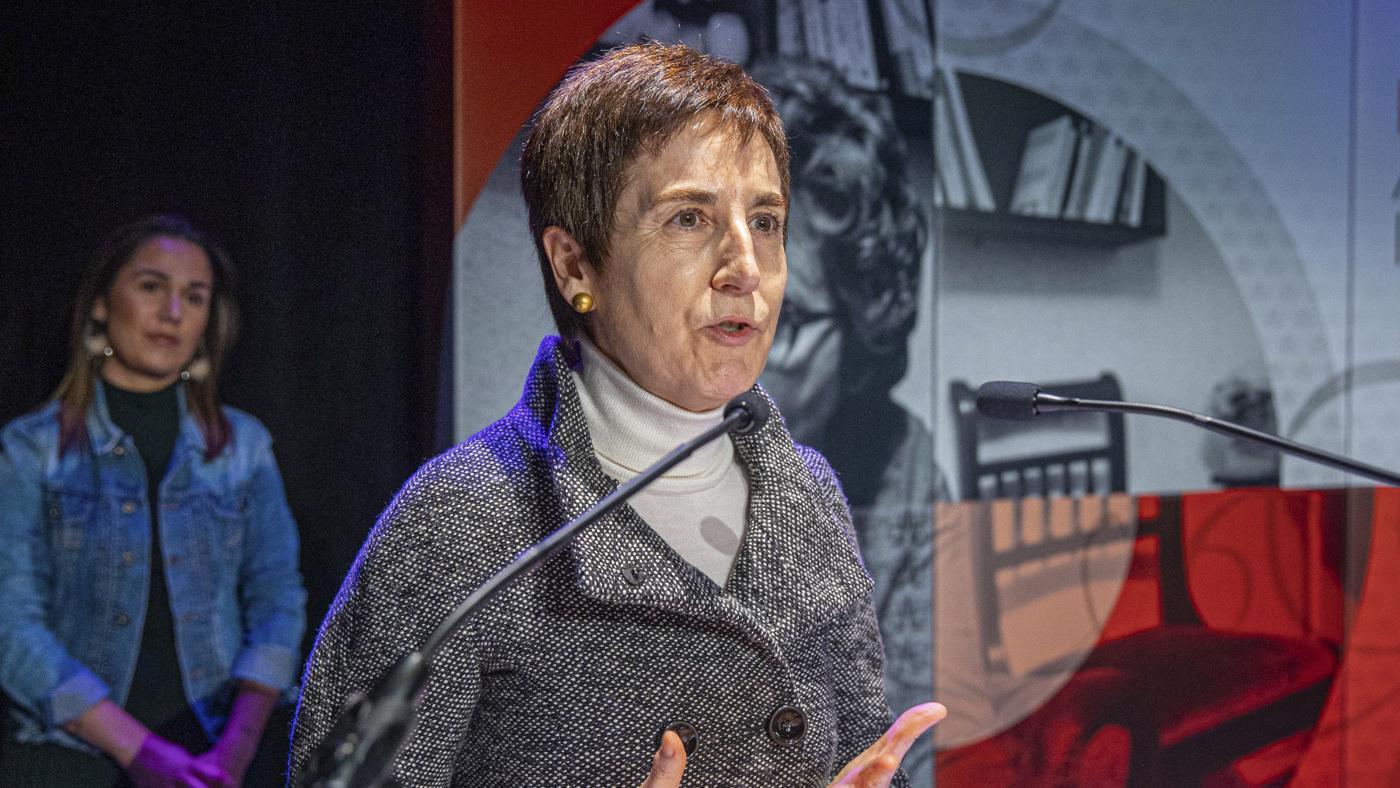
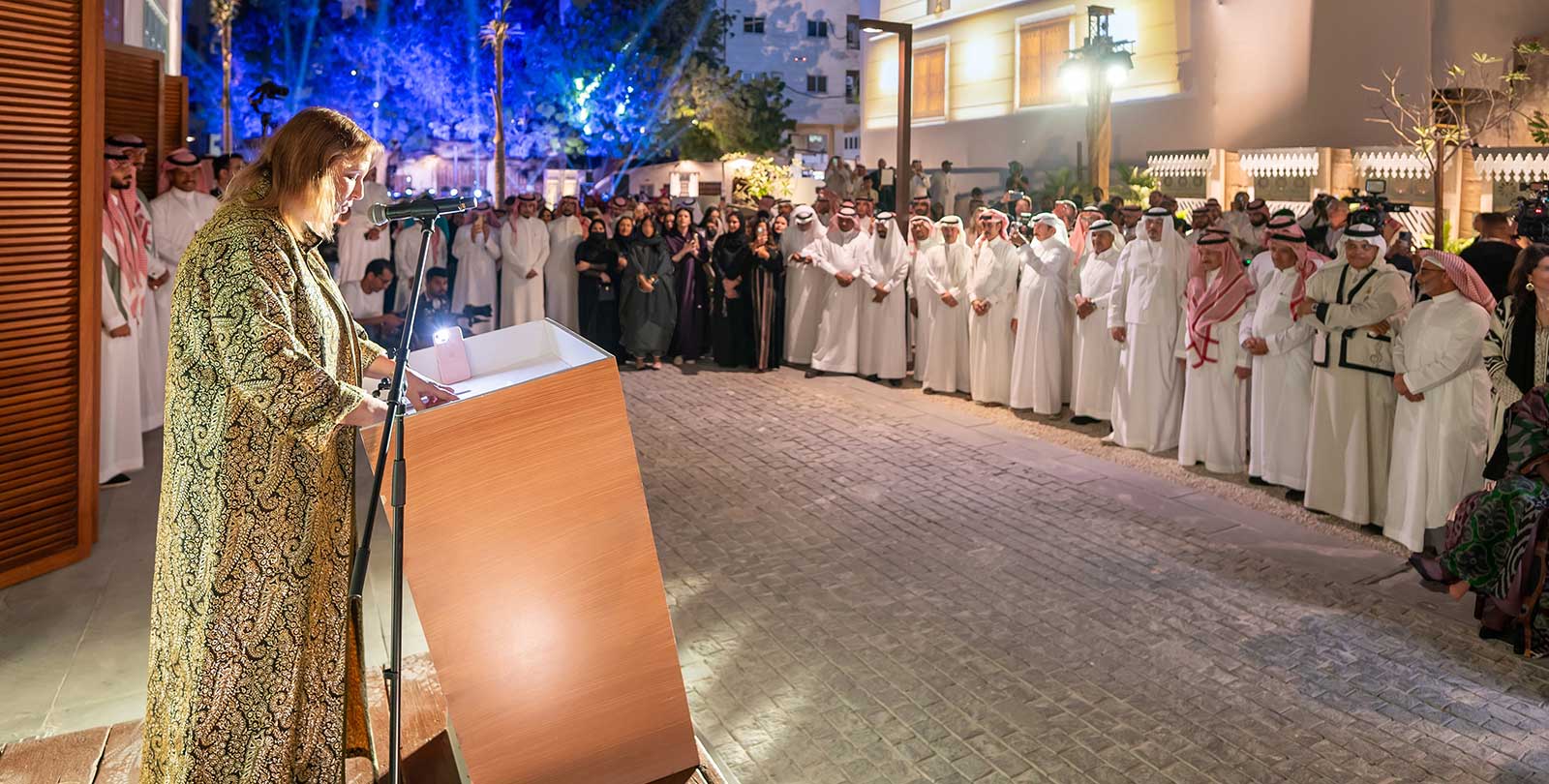
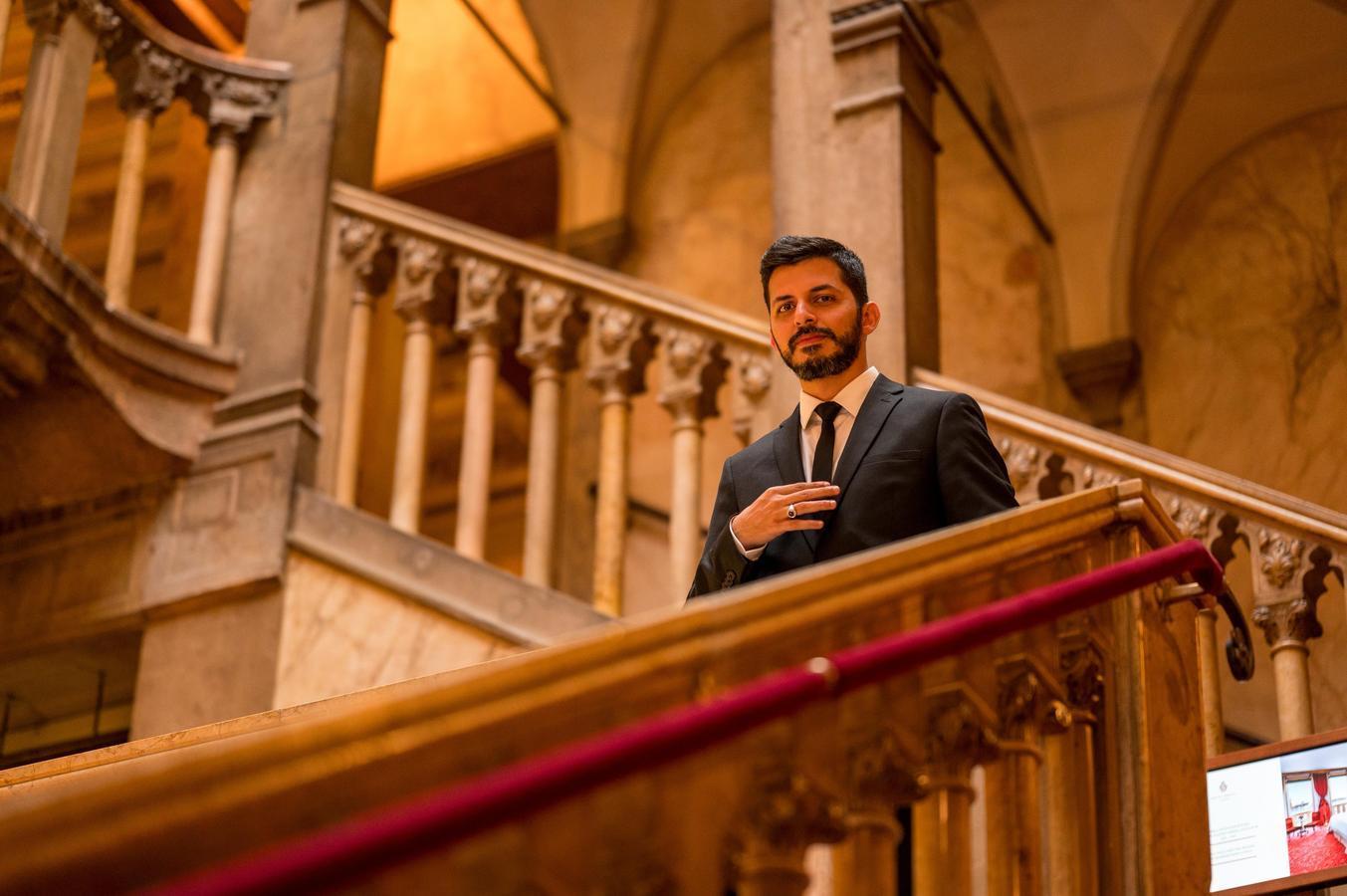
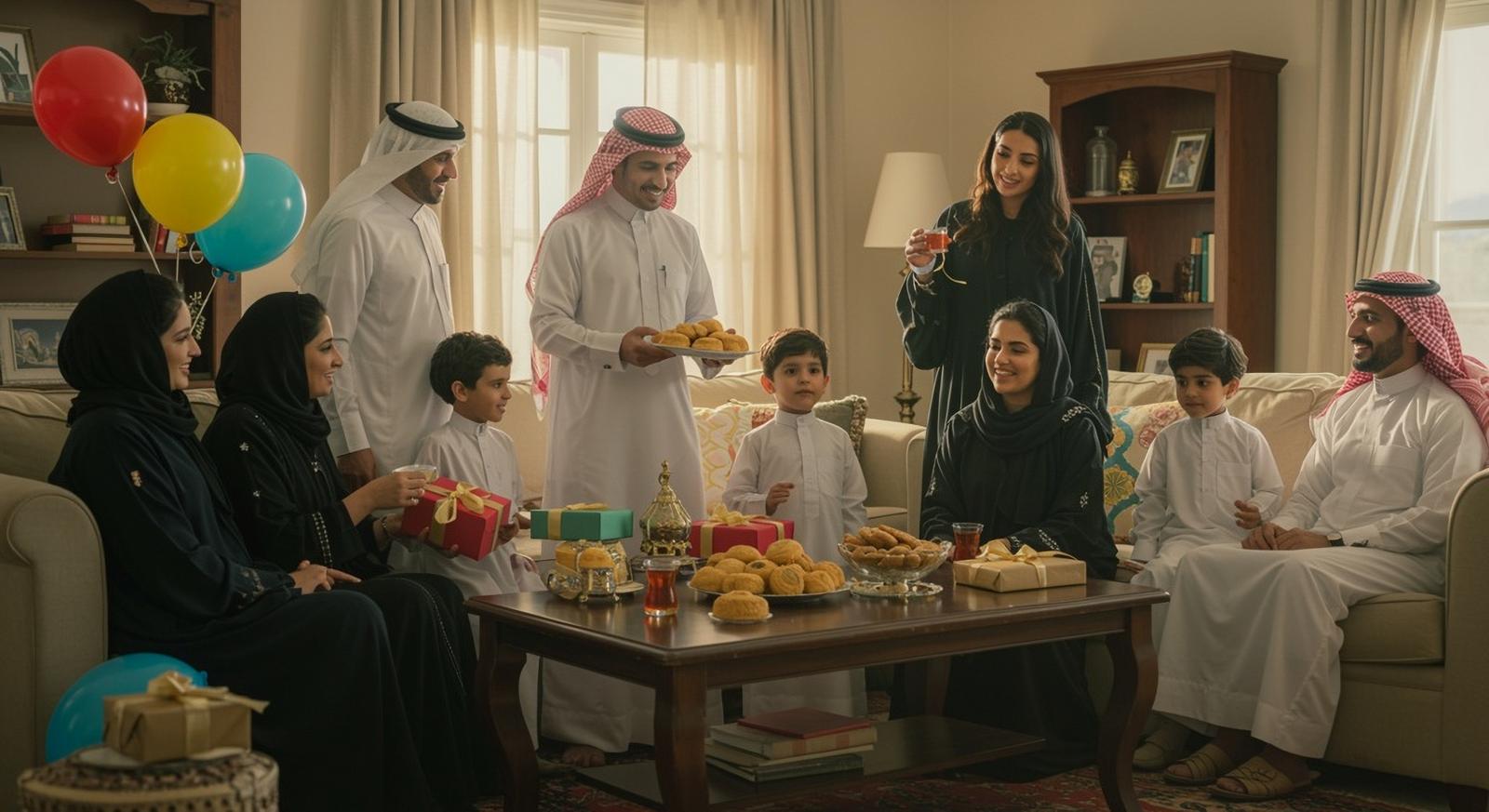
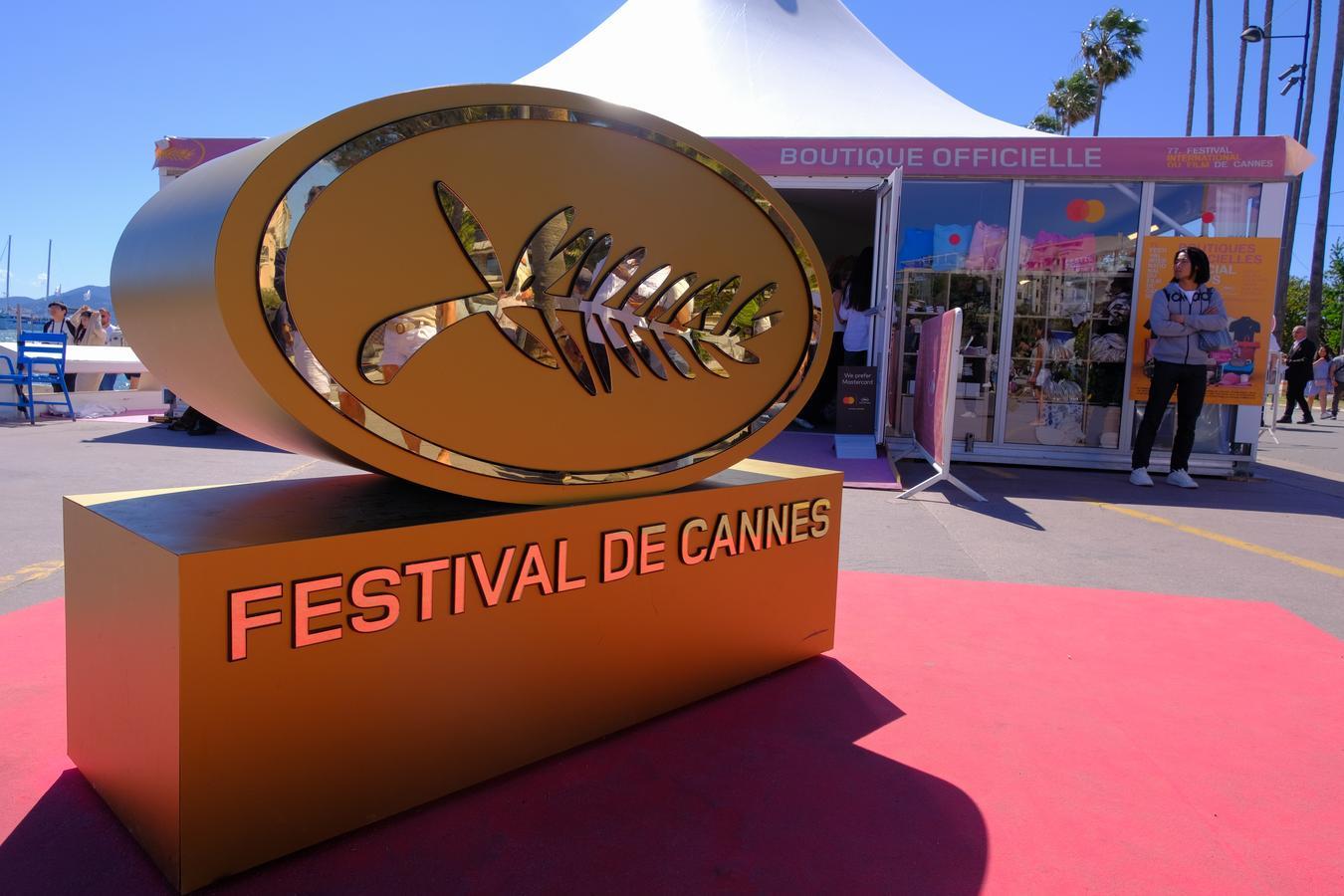
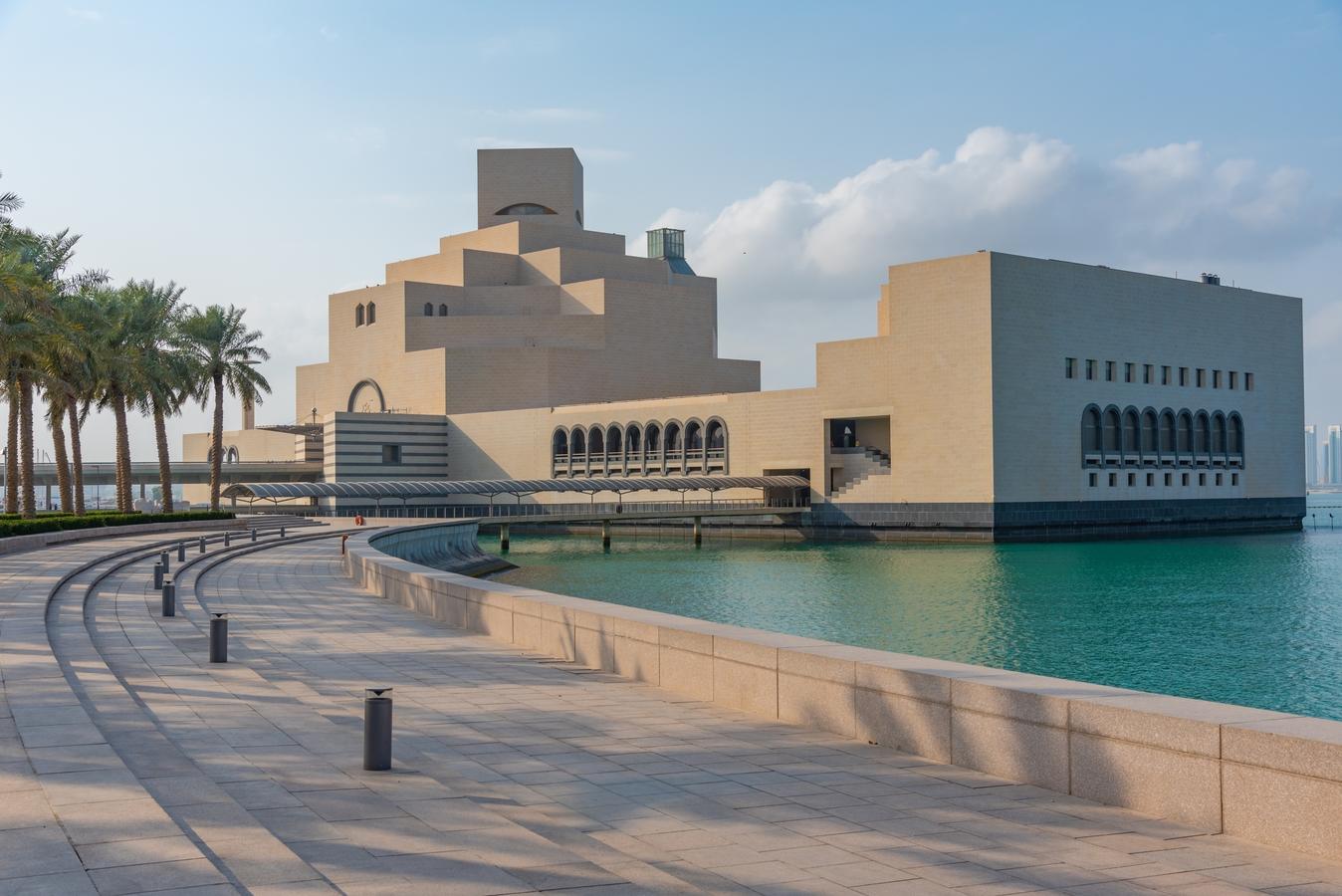
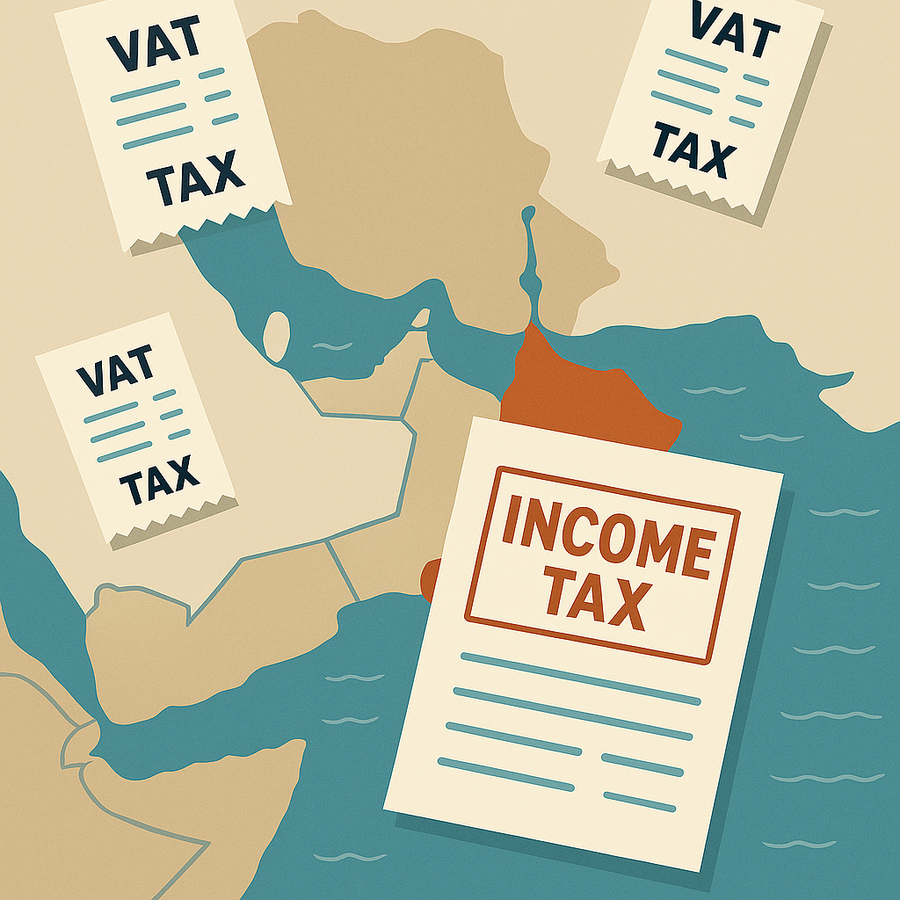
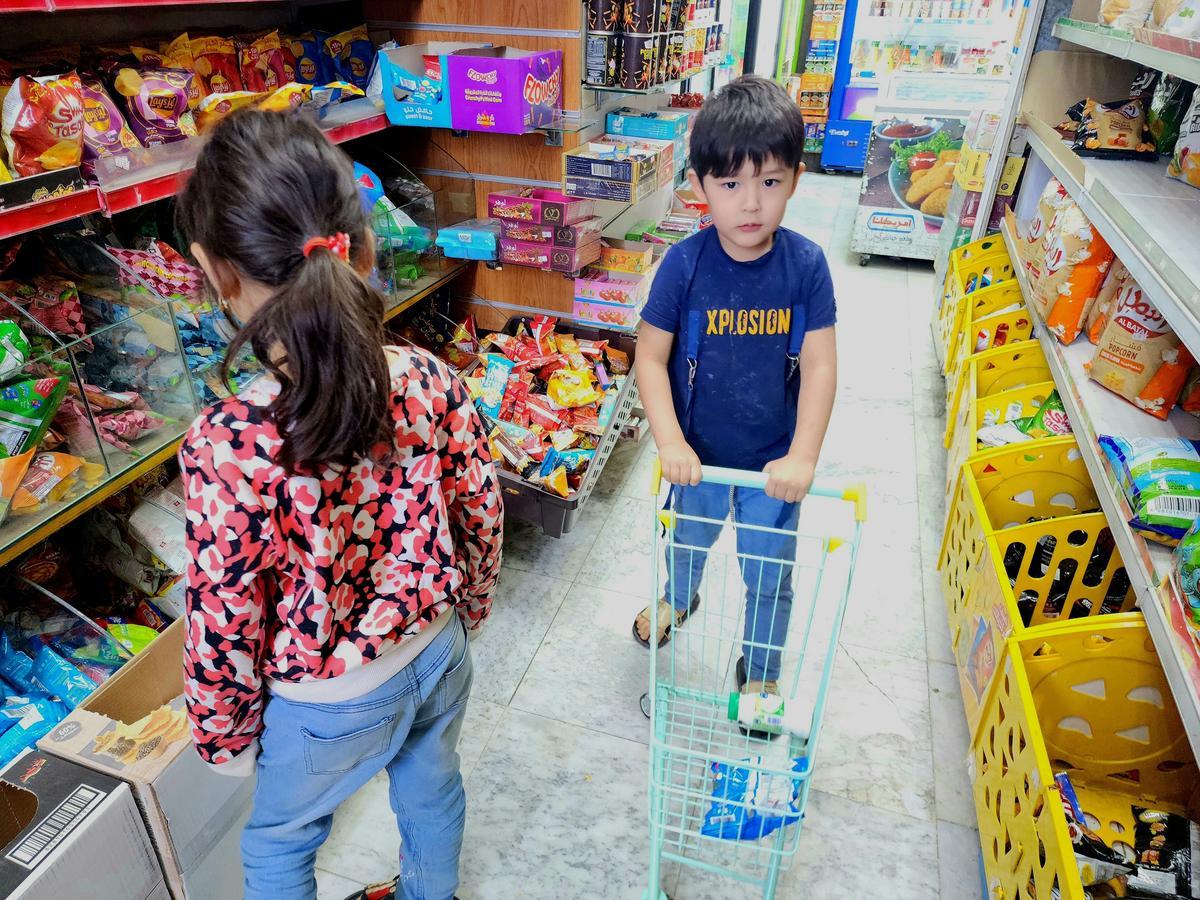
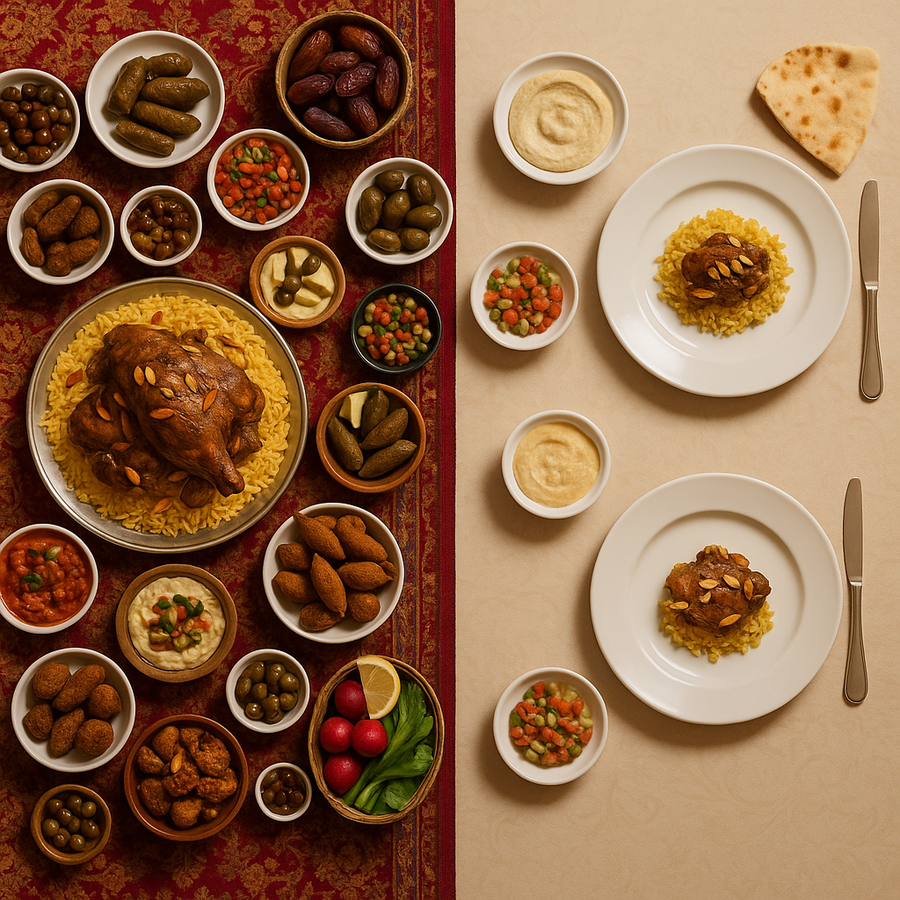
0 Comments
No comments yet. Be the first to comment!